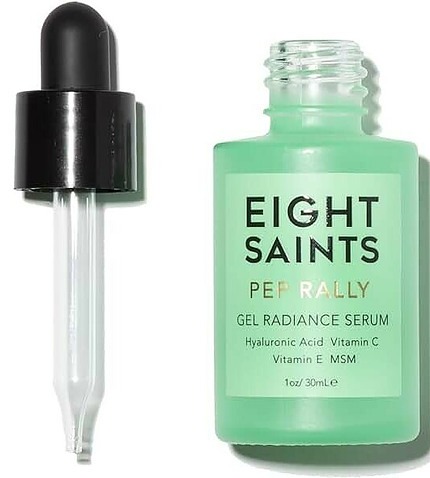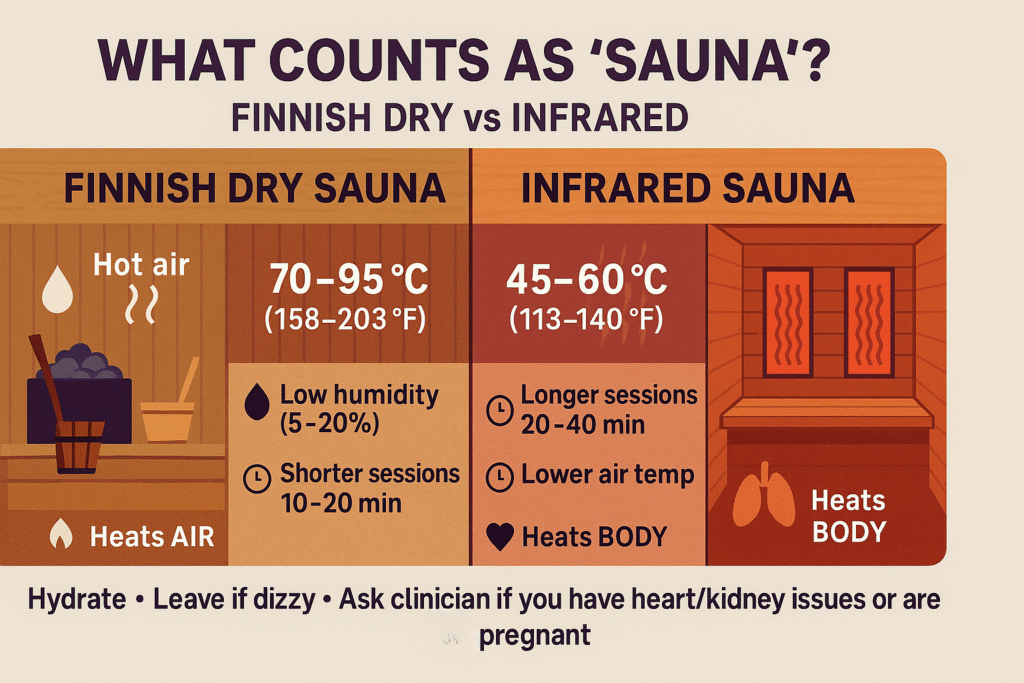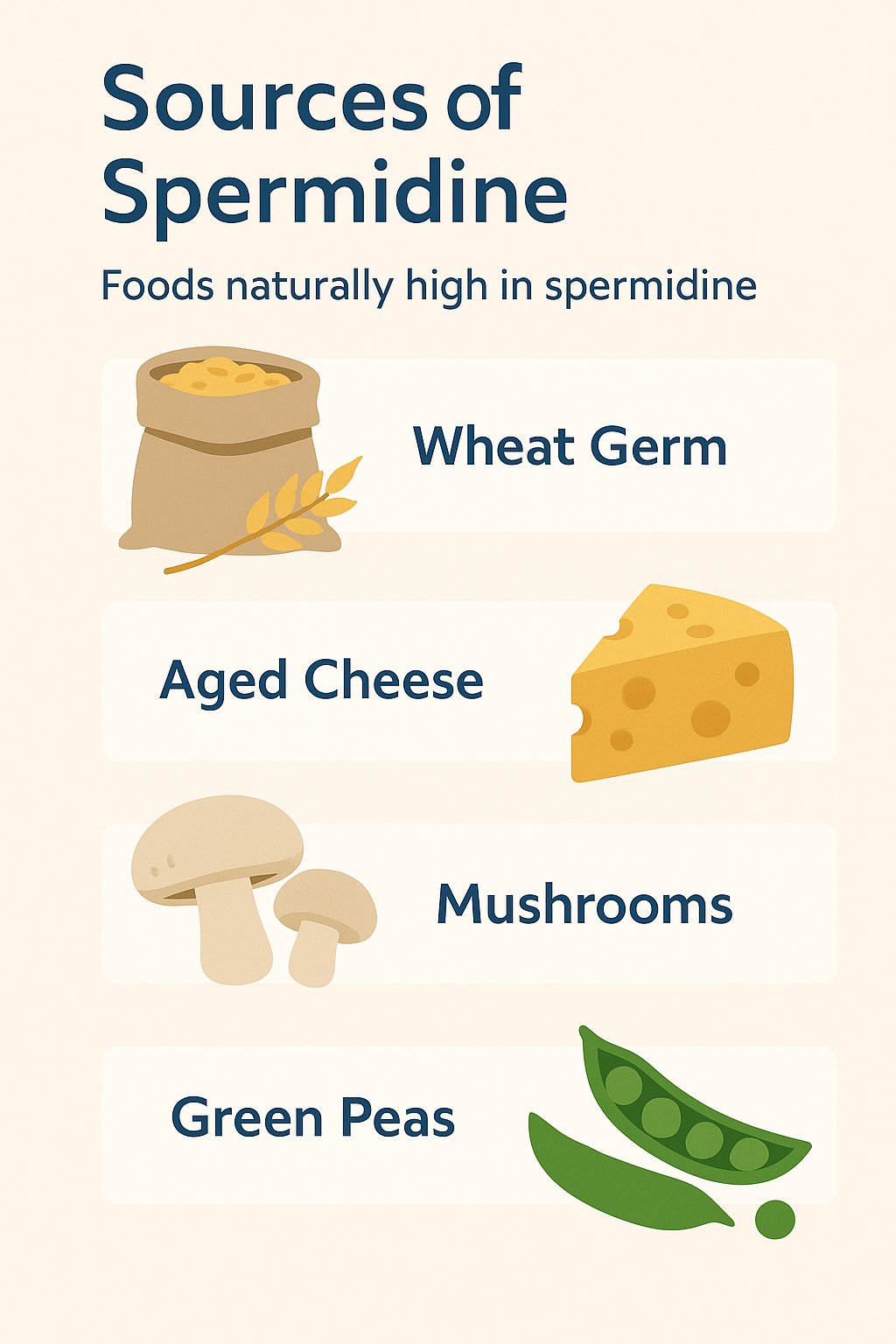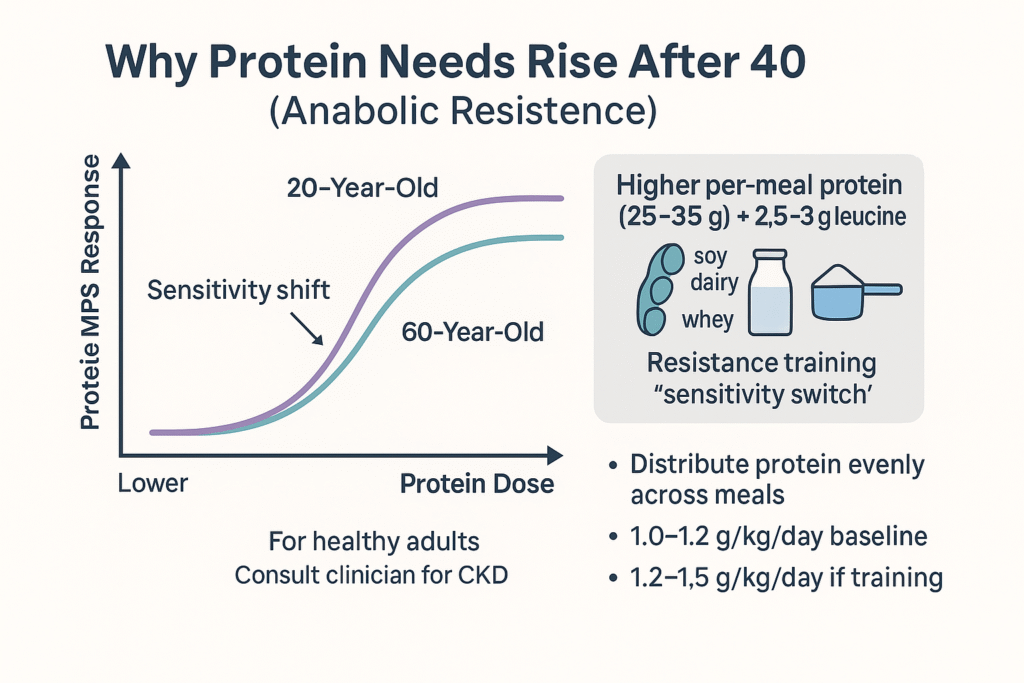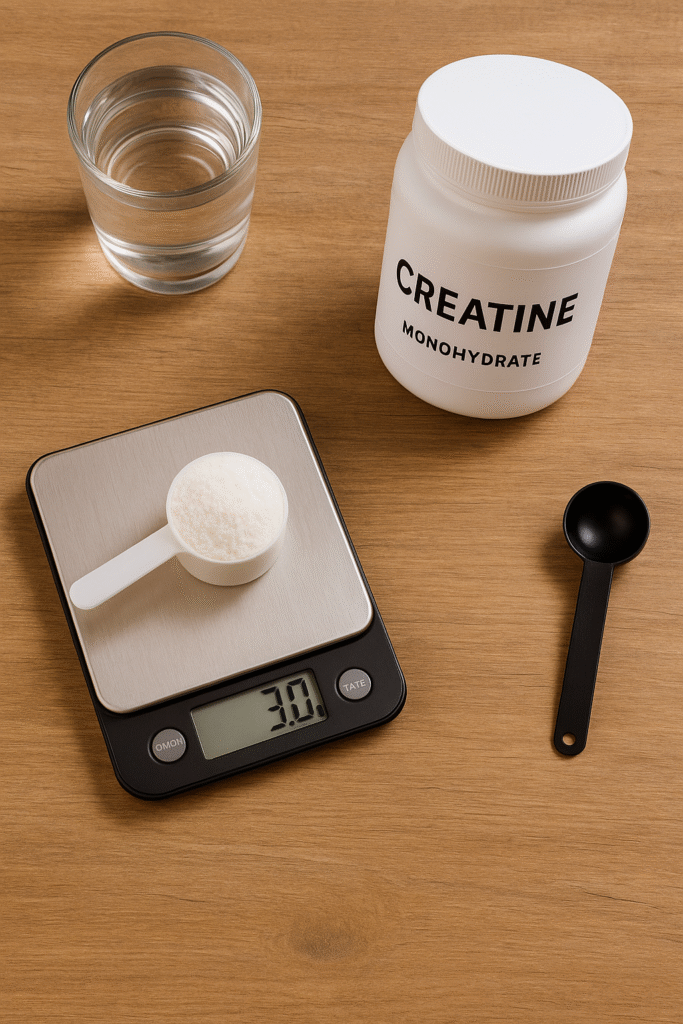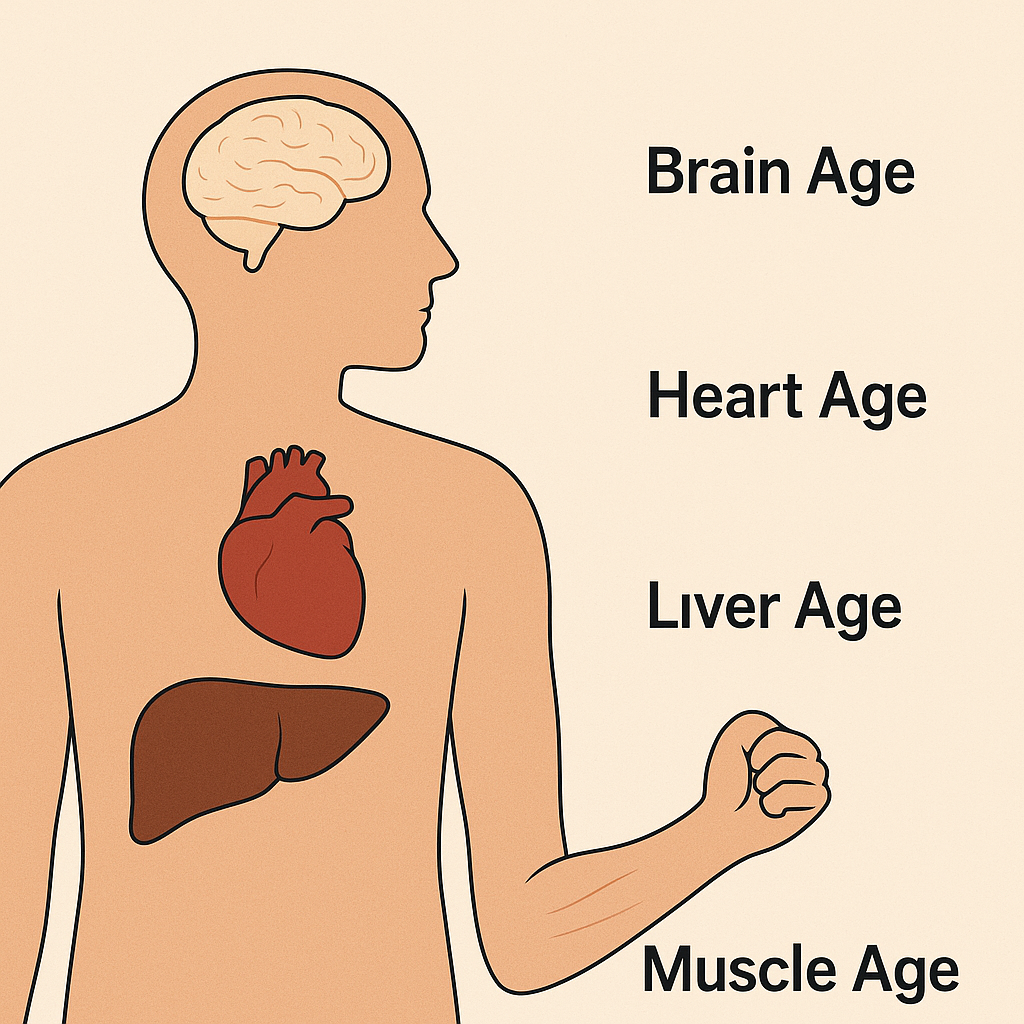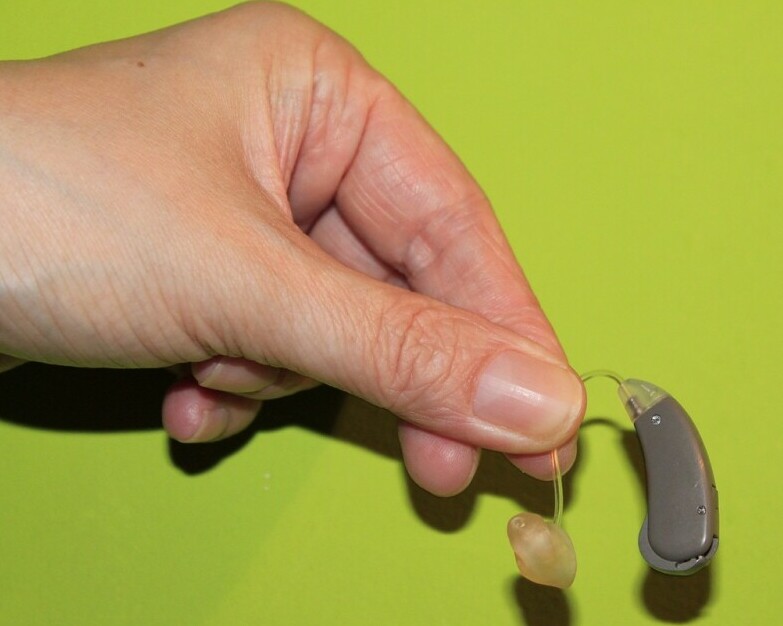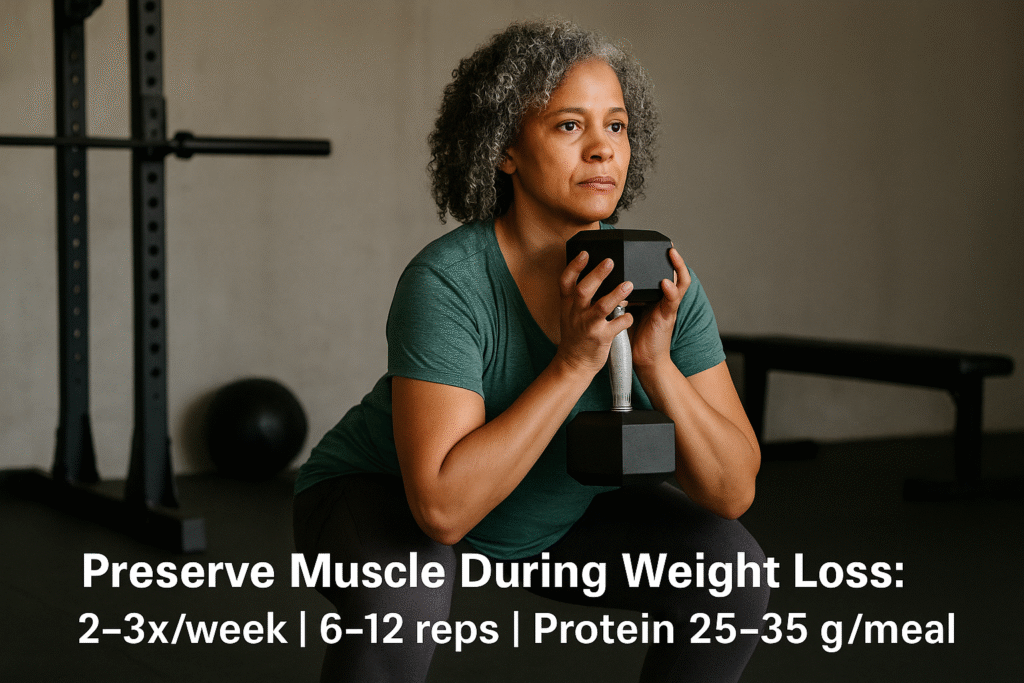You may have heard about hyaluronic acid in passing conversations or seen it listed on your favorite moisturizer’s label. This naturally occurring substance has made a considerable mark in the skincare industry, especially regarding aging skin. I am here to help clarify why it’s held in such high esteem. So what’s the buzz about hyaluronic acid? Primarily, its power to retain moisture is unmatched. This is pivotal because hydrated skin isn’t just about warding off dryness; it’s integral to maintaining a robust, healthy skin barrier. Think of hyaluronic acid as your skin’s personal hydration reservoir, keeping things supple and bouncy. For those of us seeing more candles on our birthday cakes each year, hyaluronic acid brings even more to the table. With age, our skin’s natural hyaluronic acid levels decline, leading to less moisture and increased signs of aging. By replenishing this key molecule, we can combat these effects, potentially softening fine lines and giving skin a more youthful look. It’s not just word-of-mouth touting these benefits; a wealth of scientific research backs the effectiveness of hyaluronic acid in skin care. Studies have shown that it can improve skin hydration, and elasticity, and even assist in wound healing. However, before accepting any claim at face value, scrutinize the evidence. It’s always wise to critically evaluate scientific studies, especially when it comes to your skin health. Despite hyaluronic acid’s growing popularity, misconceptions still persist. Some might suspect it’s only useful for dry skin types, or it’s just another trendy ingredient. I assure you, it’s substantiated by science to be much more than that, with benefits extending across different skin types and conditions.
The Significance of Hyaluronic Acid for Aging Men
When I consider the unique challenges that aging men face with their skin, it’s clear that maintaining moisture becomes more difficult as the years pass. Hyaluronic acid, known for its remarkable ability to hold water, emerges as a skin-reviving hero. It’s not just about quenching thirst; hyaluronic acid helps keep men’s skin looking robust and resilient.

Consider elasticity: the skin’s stretchy quality that tends to diminish with age. Hyaluronic acid plays a vital role by supporting the skin matrix and ensuring that elasticity isn’t just a distant memory. It isn’t talked about enough, but men experience skin concerns like roughness, sun damage, and irritation. These issues don’t just affect comfort but confidence as well.
Now, how can aging men integrate this powerhouse molecule into their skincare routine? It’s simpler than it sounds. A hyaluronic acid serum or moisturizer applied daily can lock in hydration. And it’s not just for the face. Men should pay attention to their hands, neck, and any other areas prone to dryness.
There’s plenty of anecdotal evidence — real-life testimonials from men who attest to the positive changes in their skin’s comfort and appearance. But, it’s not just word of mouth; there’s solid research out there confirming the transformative effects of hyaluronic acid on aging skin.
However, the value of hyaluronic acid isn’t limited to its physical benefits. There’s something deeper at play when men take control of their skincare. Caring for one’s appearance can bolster self-esteem and well-being, showing that self-care transcends gender stereotypes and is essential for everyone.
Tailoring Hyaluronic Acid Use for Aging Women’s Skincare
As women age, their skin experiences distinct changes, many of which are linked to hormonal fluctuations that can affect hydration and elasticity. Unlike their younger counterparts, aging women often report an increased dryness and a more pronounced visibility of fine lines and wrinkles. This observation underscores the need for targeted skincare ingredients that can address these specific challenges. Hyaluronic acid emerges as a star player in this context, known for its remarkable ability to retain moisture and support the skin’s barrier function.
Consistent use of hyaluronic acid can lead to an enhanced skin texture that feels smoother and appears more supple. The same property that enables it to hold several times its weight in water makes it a go-to option for plumping up the skin and consequently reducing the appearance of fine lines. While hyaluronic acid can be beneficial regardless of age, it’s the older demographics that might appreciate its effects the most, owing to the natural decrease in hyaluronic acid production in the skin over time.

Hormonal changes, particularly around menopause, result in a decrease of estrogen, which is known to have a protective role in maintaining skin hydration and thickness. Hyaluronic acid helps mitigate the impact of estrogen loss by replenishing moisture and promoting a resilient, healthier-looking complexion. However, for the best results, it should often be paired with other anti-aging ingredients like retinoids and peptides, which complement hyaluronic acid’s hydrating properties with their own strengths in cell renewal and collagen production.
Gathering and sharing women’s personal stories and experiences can significantly attest to the confidence-boosting effects of using hyaluronic acid. Many recount a revitalized skin appearance and an improved skin care experience through the consistent application of serums or creams enriched with this powerhouse ingredient. Moreover, these stories become a source of encouragement for others to consider hyaluronic acid as a worthwhile addition to their beauty regimen.
Transitioning seamlessly to the practical side of things, the subsequent section will shed light on how to best choose hyaluronic acid products and apply them effectively. It will also underline the importance of cautious use, ensuring readers are aware of allergies and the value of patch-testing for safe application—practical advice that’s central to making informed decisions about incorporating this beneficial skincare ingredient.
Best Practices and Safety Considerations When Using Hyaluronic Acid
Selecting the appropriate hyaluronic acid product is a critical step towards enhancing your skincare regimen. Quality and concentration can vary, so look for reputable brands and check their formulations are suitable for your skin type. Maximizing the benefits of hyaluronic acid means applying it in a way that complements your skin’s natural rhythms. Use it on damp skin to lock in moisture and consider layering it under your favorite moisturizer for even better results. While hyaluronic acid is generally safe for most people, it’s not without potential side effects. If you tend to have sensitive skin or allergies, performing a patch test ahead of widespread use is wise to avoid redness or irritation. Skincare is not just about a single miracle ingredient. Hyaluronic acid works well with vitamins and other moisturizing agents. However, always be mindful of how products interact. When in doubt, seek guidance from a dermatologist to find the perfect balance for your skin. Speaking of professional advice, making time for a dermatologist’s insight ensures that your skincare choices are informed and tailored to your skin’s unique needs, which is especially important as our skin evolves with age.
Disclaimer: All the content on this site is for informational purposes only, does not constitute medical advice, and does not establish any kind of patient-client relationship by your use of this website. I am not a health care professional. The information, including but not limited to text, graphics, images and other material contained on this website are for informational purposes only. No material on this site is intended to be a substitute for professional medical advice, diagnosis, or treatment. Before starting any new regimen, supplement, diet, or program, it is crucial to consult with a healthcare professional to ensure it is safe and suitable for your individual health needs and circumstances. Here’s a little transparency: This website also contains affiliate links. This means if you click and make a purchase, we may receive a small commission. Don’t worry, there’s no extra cost to you. It’s a simple way you can support our mission to bring you quality content.


